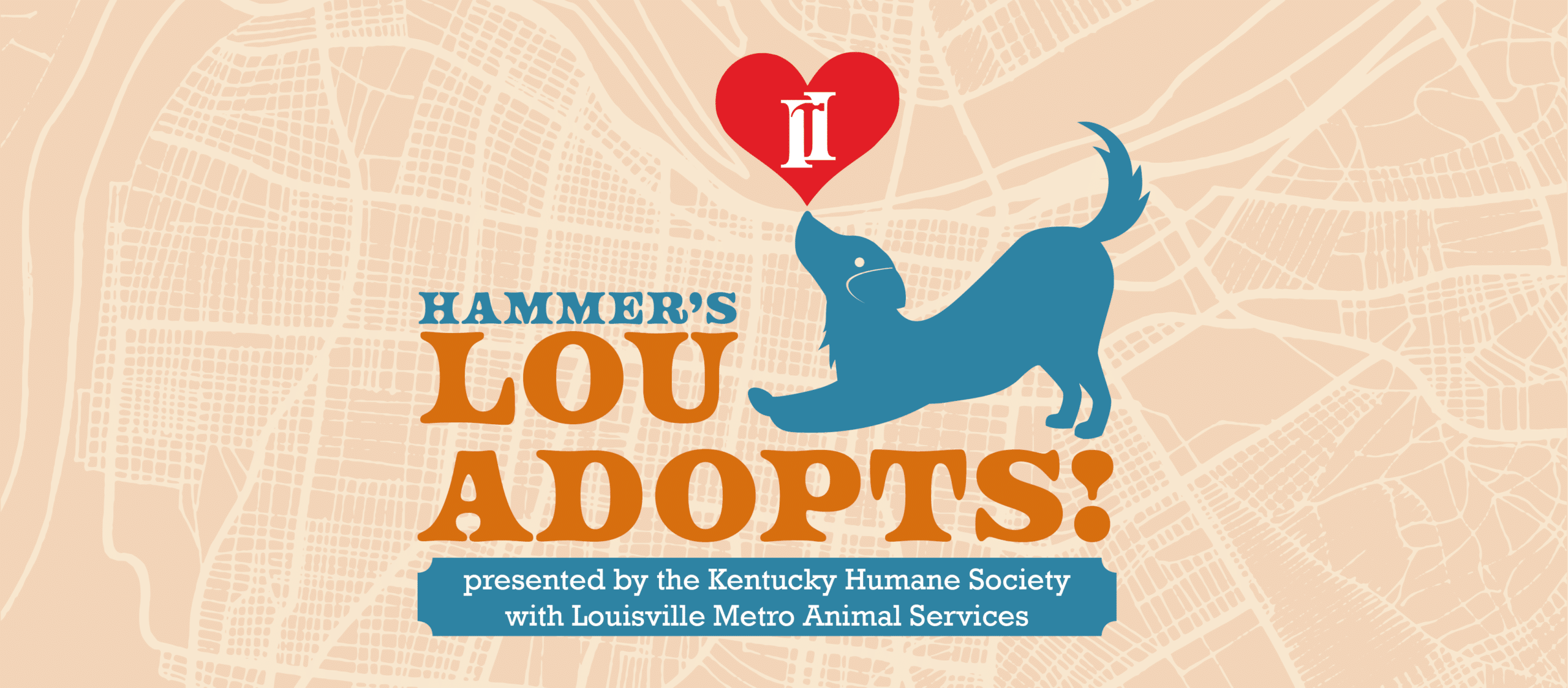What To Do After a Bicycle Accident | Free Case Reviews
After a bicycle accident, it’s important to know what to do not only for your health, but for your personal injury case.
Every bicycle accident injury case is different, so you should use common sense when deciding what actions you should take. Here are some steps you should consider in the aftermath of an accident.
Collect Evidence That Could Be Useful for Your Injury Claim
You want to have as much information as possible to support your injury case. You should consider documenting:
- The other party’s driver’s license number, name, address, and license plate information
- The make, model, color, and year of the car that hit you
- Witnesses’ names and contact information
- Photos of your bike, the car, the accident scene, and the position of both vehicles
Depending on your circumstances, there might be additional pieces of information or items that could document your collision. Even if something seems inconsequential, and it’s related to your case, keep it. It could play an important role in your case later on.
Share as Little Information as Possible with the Involved Parties
In stressful situations, people often talk to ease the tension. The problem with making casual conversation with others at the accident scene is that those words could come back to haunt you later.
Consider the following:
- An attempt at humor to lighten the mood could be viewed as insensitive.
- An expression of concern or sympathy for another person in the accident could be misconstrued as an admission of fault.
- The driver who hit you might offer you cash to “forget the whole thing.” Do not fall into this trap. If you do not report the accident and ask the police to make a report, the driver could change his story later and possibly blame you for the collision.
You will have to exchange insurance information and other essential data with the other driver and the police. However, beyond this basic information, you shouldn’t provide anything else.
Accept Medical Help
Everyone has to stay at the accident scene until the police arrive. Be sure to disclose every injury to the officer, as some wounds take some time to reveal their full severity. If the paramedics arrive and want to take you to the hospital, go with them.
What might feel like a minor injury could need immediate medical intervention to heal properly. By getting prompt medical help, you connect your injuries to the collision itself. You also prevent the at-fault party from arguing that your injuries came from something else–and not the accident.
Follow Through with Medical Care
You want to show the insurance company that you did everything possible to better your condition. If you don’t follow your doctor’s orders, it could accuse you of contributing to your condition and making it worse.
Following through with medical care involves:
- Taking medications as prescribed
- Attending doctors’ appointments and physical therapy
- Refraining from strenuous activity
Keep Your Bicycle in its Damaged Condition
The damage to your bicycle establishes that you were involved in a collision. Accident reconstruction specialists can also use the points of impact on your bicycle to determine how your accident happened.
You might need this information to refute false allegations from the at-fault driver. You will not know what kinds of things the driver might say to try to avoid liability, so it is best to keep your bicycle exactly as it was when the collision occurred.
Report the Accident to Your Insurance Company
Even if the driver was clearly at fault, your insurance company still wants to know about the accident. If you carry underinsured or uninsured motorist coverage, you could get coverage for your medical bills and other losses.
Limit What You Share Online
Anything you share online could hurt your injury case–even if it seems unrelated to your situation. For example, suppose you share a picture of yourself at a theme park. It could be an old picture, but the claims adjuster doesn’t know that. They could argue that because you were well enough to go to a theme park, you clearly didn’t suffer grievous harm in the accident.
Refrain from Giving the Insurance Company a Recorded Statement
A recorded statement benefits one party: the insurance company. Anything you share on the record could be used against you later on. Even replying positively to a casual greeting could later on discredit your case. Only provide the insurance company with the basic information it needs to process your claim.
Work with a Bicycle Accident Lawyer on Your Injury Claim
Days can pass quickly after a bicycle accident. At the same time, you don’t want to make mistakes that could cost you financially. That’s why you should consider partnering with a lawyer on your injury case right away.
There are many benefits to letting an attorney take care of your injury claim, including:
- When an insurance representative contacts you, you can tell them to talk to your lawyer. When you have legal representation, the insurance company is not allowed to contact you directly.
- You will get to rest and recuperate instead of having to deal with the claims adjuster and other representatives.
- If the at-fault driver tries to cut a deal “under the table,” you can have your attorney protect you from that trap.
- Your lawyer can also shield you from various pitfalls, like giving a recorded statement to the insurance company. Recorded statements give the claims adjuster evidence they can use against you to deny your claim.
- You have a limited time to file a lawsuit to recover compensation for your injuries and losses. You must take legal action before the deadline passes, or you could lose the right to money damages, according to the American Bar Association.











